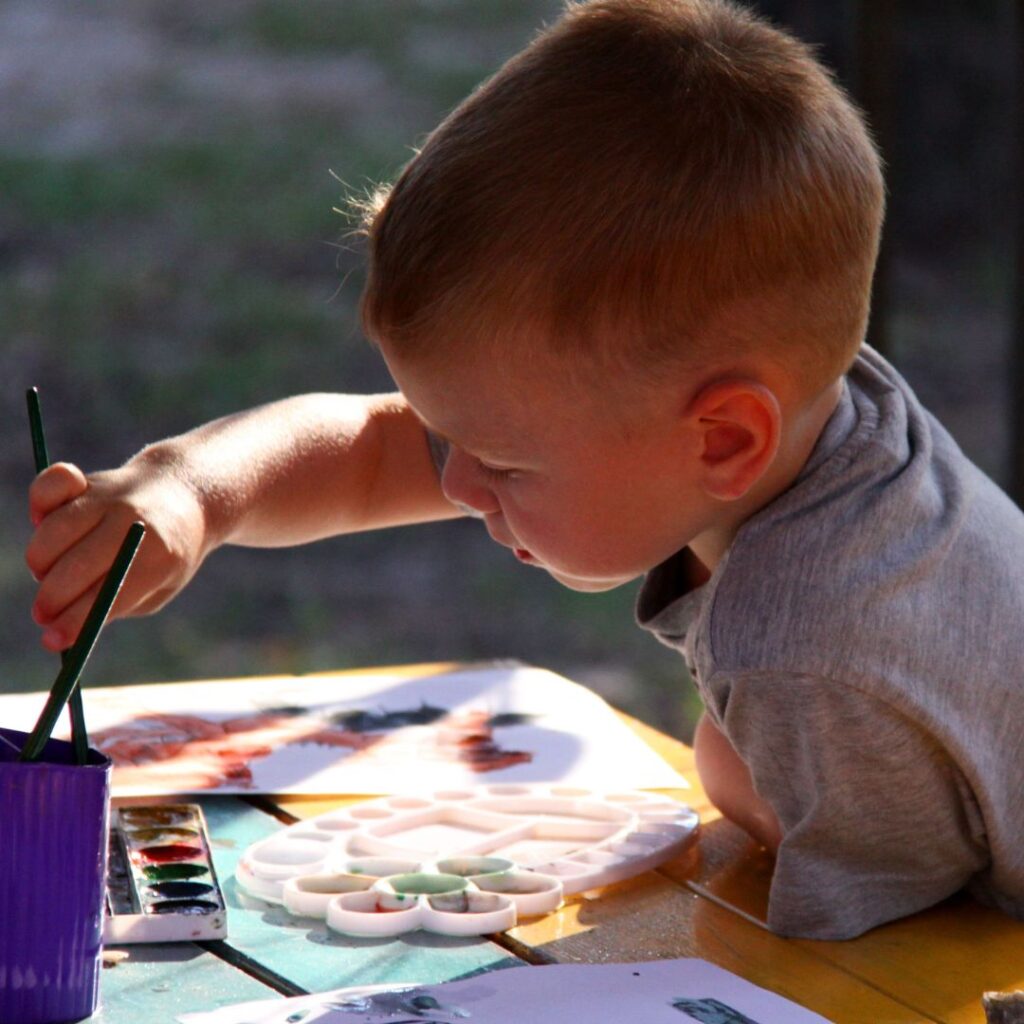
Introduction
Early Childhood Education builds emotional and intellectual growth; discover 10 tips to help kids manage big feelings effectively.
Emotion Management in Early Childhood Education
Early Childhood Education fosters life skills and emotional growth, helping children handle challenges beyond academics.
1. Establishing a Safe and Predictable Climate
Emotional Safety In early education, a safe and predictable environment is key to emotional security. When kids understand what to expect, they feel safer expressing their emotions. This is an approach that should have a place in every ECE programmed.
- Be a Good Example of Healthy Emotional Expression
Adults modeling calm emotions helps children learn healthy expression and emotional regulation through real-life examples in Early Childhood Education.
- Teach Emotional Vocabulary
Early Childhood Education helps kids express emotions by building vocabulary through fun activities like emotion cards and storytime.
- Validate All Emotions
Validating emotions is sending the message to children that it’s okay for them to feel whatever they feel. Early Childhood professionals can help children feel secure by explaining that feelings are common and normal, that it’s okay to have big or strong feelings. When we communicate, “It’s okay to be angry when things don’t go your way,” teachers promote honest self-expression in these Early Childhood Education classrooms as well as emotional safety.
- Employ Calming Techniques and Aides
Support EI and EC by actively teaching calm down strategies like deep breathing, using sensory bottles, or quiet corners. Children use these tools to calm themselves when upset. The more children practice these strategies independently during stressful moments, the closer we get to our goal in early education environments.
- Foster Student Engagement in Problem Solving
One of the best ways to handle big emotions is to engage children in finding solutions. Student Involvement is the key: When kids participate in finding a way to solve or manage a conflict or challenge, they develop the sense of ownership and control over their feelings.
- Read Books About Emotions
Classrooms for Early Childhood Education Ages should contain storybooks that touch emotional and emotional scenarios. Reading together about characters who experience and cope with big emotions lets children know that they’re not alone. Such stories provoke questioning and helps children to relate to other points of view and hence, encouraging emotional literacy in Early Years.
- Foster Social Interactions
Take steps to encourage friendly relations
Social skills are in the hearts of Early Childhood Education and Emotional class management is a part of it. Furthermore, have young children practice sharing, taking turns, and showing empathy. Play-based and group activities are real-life contexts through which children experience both the feelings of being excluded and isolation, and also an opportunity to make friends. These experiences serve to instill emotional regulation in the Early Childhood Education setting.
- Communication with Parents Should Remain Open
Collaboration between teachers and families is important in the early childhood years. Consistent information regarding emotional growth is shared between home and school. Teachers can exchange strategies and observations, and parents can share information about their child’s emotions and specific triggers. This continued partnership enhances the social-emotional network around each child in Early Childhood.
- Consider and Adapt When Necessary
Each child is different and emotional needs may vary with developmental stage. Early Childhood Educators need to be constantly considering, thinking and adjusting how they manage the big emotions. The ability to be flexible and open to different methods, even when learning a new lesson, is essential to making sure all children are supported in their ECE social-emotional experiences.
Life Long Emotional Well-being: The Importance of Early Childhood Education
Infant/Toddler/Preschool Early Childhood Education provides the skills needed for healthy emotional living. By developing emotional intelligence as well as cognitive development, educators and families are laying the foundation for a strong sense of self that will serve children throughout their lives. Effective Early Childhood Education is when it is child well-being centered, promoting dialogism and celebrating progress, however gradual, with every child.
Conclusion

Early childhood is a path of adventure that includes but is not limited to academic learning. Navigating big emotions is a big part of that journey, and by following these 10 suggestions, educators and parents can team up to raise emotionally healthy children who are better equipped to bounce back. By having Early Childhood Education focusing on emotional support, modeling positive behavior, and Student Participation in problem-solving allows for a future generation that’s prepared to tackle the world and can feel confident in how they learn to handle emotions.

I’m Ethan Richards, the guy running the show at “Acknowledgment Templates.” I’ve been playing with expressions and formats to make acknowledgment writing a whole lot of fun. Over at Acknowledgment Templates, we’re here to make your acknowledgment section incredible. Let’s add some professionalism and gratitude to your project together!












